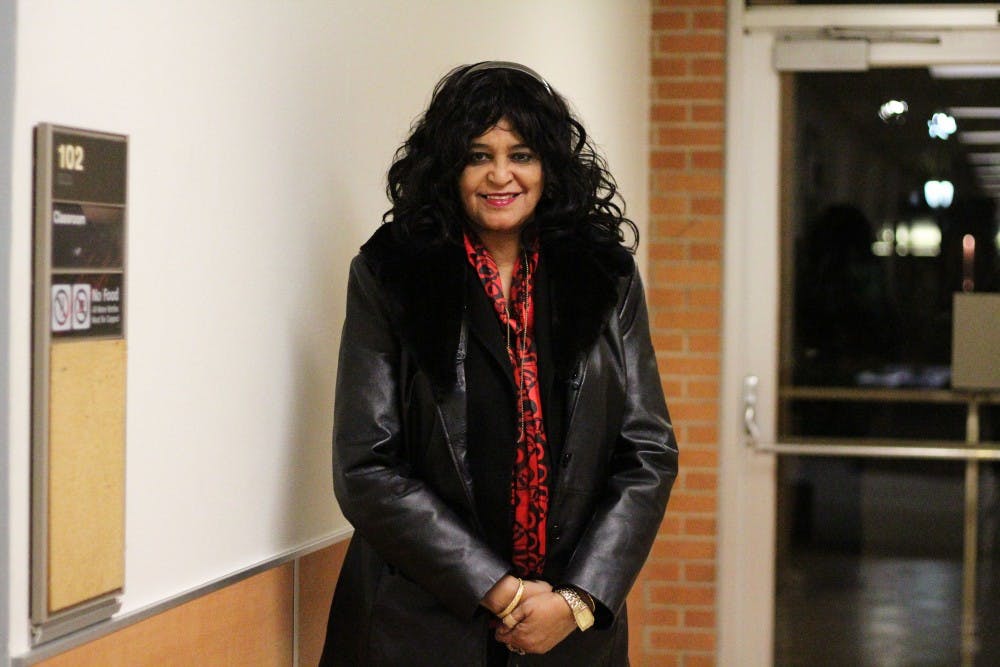ASU’s College of Liberal Arts and Sciences has been actively dispelling misconceptions about Arab culture through academic programs and a series of lectures, film and poetry.
Several students say the ASU campus has been a hub for celebrating Arab culture and continues to slowly eradicate the image of the culture portrayed in national media. One event furthering this cause was a showing of "The Syrian Bride," on Feb. 27 by the University Council for Arabic and Islamic Studies in the third installment of their film and poetry series this semester.
Despite these activities and events, some students feel prejudice against Muslims and Arab people still exists at ASU. A portion of ASU’s Arab student population feels discriminated against due to their appearance and the negative connotation that has been attached to this over years of slander in the national media.
Computer science freshman Noor Attiah, said he felt stereotypes of the Muslim lifestyle and culture are present at the University.
Some of his friends, Attiah said, will joke about him “carrying a bomb” in his backpack.
“It’s not something you joke about,” he said.
Attiah said he also feels attacked sometimes while going about his daily life in Tempe.
“People, like Brother Dean, come to my mosque every Friday, and they talk in the beginning in a very good way, but they will eventually start speaking bad about Islam and the Prophet,” he said. “'Your religion is based on terrorism and hatred' (and) 'your prophet is illiterate and a child molester.'”
Eventually, the hecklers will start verbally abusing the attendees of the mosque services, Attiah said.
Not all Arab students, however, have felt this discrimination.
“The people I’ve met accept and understand” said Aamir Shaikh, a computer science graduate student. “Arab culture at ASU is a good thing, because I’ve grown up in the Middle East, so for me it is like home."
Hassan Ajami, an instructor of Arabic studies at the school of International Letters and Cultures, believes the University is a strong example of the right way to incorporate Arabic culture in the west.
“ASU is doing a great job with regard to celebrating Islam and other religions and cultures," he said, calling ASU “an excellent environment for Arab students.”
Dr. Souad T. Ali, Founding Chair Council for Arabic and Islamic Studies and Head of Classics and Middle Eastern Studies, has served ASU as one of the biggest contributors to incorporating Arab culture onto campus.
As a Fulbright scholar and author, she has facilitated in bringing many programs to ASU, such as an Arabic major, Arabic minor, and certificate in Arabic studies. According to Ali, “almost 1,000 students are taking Arabic a year."
Ali believes “education is the key to change," and founded the Council of Arabic and Islamic studies based on that principle. She said the group provides an interfaith dialogue, a bridge between different religions and cross cultural understanding.
“Islam is rooted in peace," Ali said. "Radicals and Islamophobes project the very opposite.”
Reach the reporter at mvbandal@asu.edu.
Like The State Press on Facebook and follow @statepress on Twitter.




